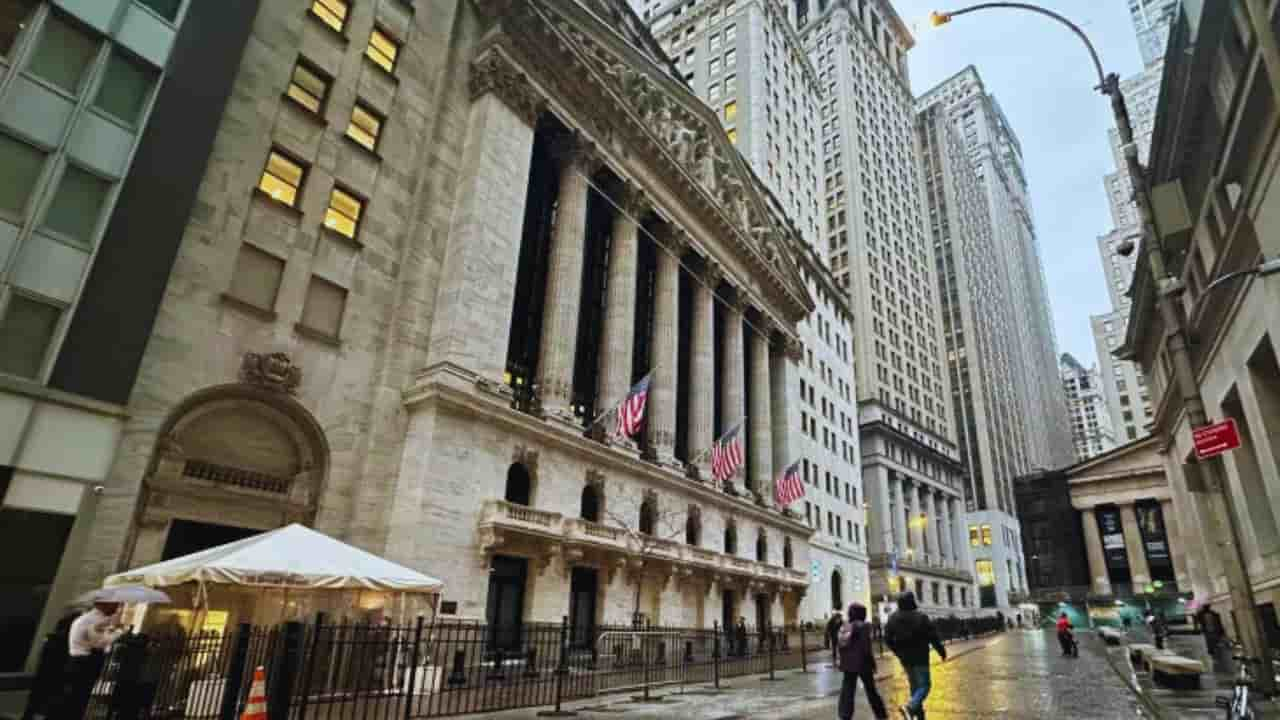Wall Street Shrugs Off Trump’s Tariff Threats as Markets Hit New Highs
In a surprising turn of events, U.S. stock markets surged to record highs on Tuesday, November 26, 2024, despite President-elect Donald Trump’s recent announcement of sweeping tariffs on imports from China, Canada, and Mexico.
The S&P 500 rose 0.57% to 6,021.63, the Nasdaq Composite climbed 0.63% to 19,174.30, and the Dow Jones Industrial Average gained 0.28% to reach 44,860.31.
Market Reaction
Investors appeared to shrug off Trump’s tariff threats, which had initially rattled international markets. While Asian and European equities experienced declines, U.S. stocks demonstrated resilience:
- The S&P 500 topped its previous high set on November 11
- The tech-heavy Nasdaq Composite outperformed other indices
- The Dow Jones Industrial Average reversed earlier losses to finish positive
Despite concerns about the potential impact of Trump’s proposed tariffs on the global economy and international trade relations, this positive performance came.
Sector-Specific Impacts
While the broader market advanced, specific sectors and companies felt the immediate effects of Trump’s announcements:
- Automakers: General Motors fell 9%, Ford Motor dropped 2.6%, and international manufacturers like Nissan and Honda also suffered due to their Mexican operations.
- Consumer Goods: Constellation Brands, which sells Mexican beer brands in the U.S., saw a 3.3% decline.
- Technology: Big Tech stocks helped prop up U.S. indexes, with Amazon gaining 3.2% and Microsoft rising 2.2%.
Global Market Reactions
The impact of Trump’s tariff threats was more pronounced in international markets:
- Asian markets showed mixed results, with Tokyo’s Nikkei index falling nearly 1% to 38,081.10
- European stocks, particularly in the auto sector, experienced declines, with the Stoxx 600 falling 0.57%
- Currency markets saw the Mexican peso fall 1.8% against the U.S. dollar, while the Japanese yen strengthened as a safe-haven asset.
Economic Implications
Economists and analysts have raised concerns about the potential consequences of Trump’s proposed tariffs:
- Goldman Sachs estimated that the tariffs could raise consumer inflation by 1%
- Higher prices might push the Federal Reserve to delay interest rate cuts
- The tariffs could hurt profit margins for U.S. companies and raise the threat of retaliatory measures from other countries.
Investor Sentiment
Despite the initial shock, many investors are adopting a wait-and-see approach:
- Some view Trump’s threats as negotiating tactics rather than definitive policy
- The market’s resilience suggests a belief that the actual implementation of tariffs may be less severe than proposed
- Investors are weighing the potential impact against other economic factors and corporate earnings
As the situation continues to develop, market participants will closely monitor any updates on trade policy and their potential effects on global economic growth and corporate profitability.
The coming days and weeks may prove crucial in determining whether Trump’s tariff threats materialize into concrete actions or remain a bargaining chip in international trade negotiations.
